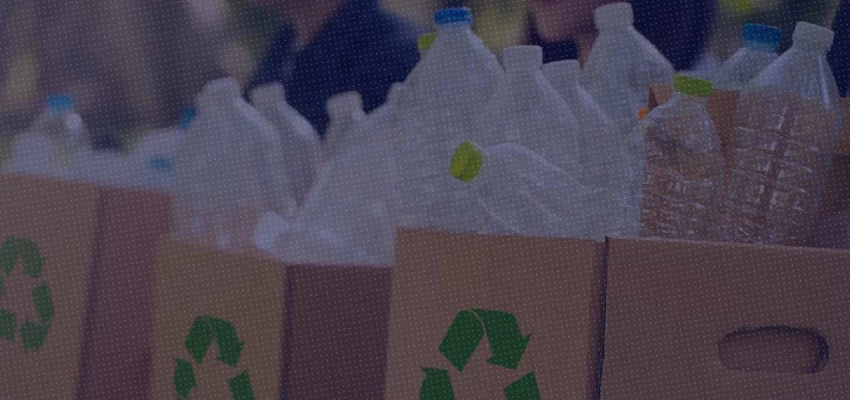Several lessons are being learnt from the experience of lockdown amidst COVID-19. It also exposed various soft spots in Indian laws and executive orders. Questioning the authority on such technicalities would have been termed insensitive and may have caused unnecessary hurdles to secure the recovery from the pandemic. Now that the government is planning gradual ease from lockdown for certain industries from 20th April 2020, it is high-time we discuss the farsightedness of applicable laws and toss the questions around.
Vide order dated 24th March 2020 of Ministry of Home affairs all industrial, commercial and private establishments were forced shut barring few which were dealing in ‘essential commodities’ including food, drugs, pharmaceuticals, medical devices and shops dealing in groceries. The expression essential commodities’ created certain confusion and posed challenges as well. First, the confusion arose due to similarity in nomenclature with the Essential Commodities Act, 1955 (henceforth referred as the “EC Act”).To many it gave an impression that the order was issued under the EC Act which is invoked for maintaining or increasing supplies of any essential commodity or for securing their equitable distribution andavailability at fair prices. However, it was not the case because purpose here was only to continue supply of essential commodities as it was being done prior to the lockdown. To understand the difference, an example of hand sanitizer and mask can be taken. Almost at the same time, the government noted that masks and hand sanitizers had been either not available with most of the vendors in the market or were available with great difficulty at exorbitant prices. Pursuant thereto, the government notified an order under EC Act to declare these items as Essential Commodities for up to 30th June 2020 by amending its schedule.
The order dated 24th March 2020 of Ministry of Home affairs was issued under Disaster Management Act, 2005 (henceforth referred as the “DM Act”) and not the EC Act. Under the DM Act, National Disaster Management Authority (NDMA) is responsible for laying down the policies, plans and guidelines for disaster management for ensuring timely and effective response to disaster – section 6(1). Also, the DM Act empowers a National Executive Committee (NEC) to assist the NDMA in the discharge of its functions and have the responsibility for implementing the policies and plans of the NDMA and ensure the compliance of directions for the purpose of disaster management in the country- section 10(1).
Taking cue from WHO declaration of COVID-19 as pandemic and recommendation of experts, the NDMA decided to implement social distancing as measure to contain COVID-19. Correspondingly, NDMA directed Ministries/Departments of Govt. of India, State governments and State authorities to take measures for ensuring social distancing. While directing so, the need to maintain essential services and supplies was acknowledged by the NDMA. To implement the direction of NDMA, the Secretary to Ministry of Home affairs (MHA)in capacity of ex-officio Chairperson of NEC under the DM Act issued guidelines wherein commercial and private establishments and industries were forced shut with certain exceptions for those which dealt in ‘essential commodities’ with no limited or specific reference as to what all items might be categorized as ‘essential commodities’.
The expression ‘essential commodities’ is not defined under the DM Act. It is a principle of law that in the absence of definition in the statute, one needs to take into consideration the overall objective of the concerned statute along with the common meaning or trade meaning. Therefore, the definition under the EC Act would serve no purpose.
The expression “essential”means “absolutely necessary; extremely important”. Now, the question arise what would be considered ‘absolutely necessary’. Food can be considered absolutely necessary but whether all kinds of foods would be considered necessary like chocolates, ice-creams or similar products which may not be absolutely necessary. For some even, tooth brush could not be said to be absolutely necessary. What added to this confusion was the expression ‘Grocery’ which was used under the order. Shops of grocery was allowed to run. Next, was the clarification issued by the Ministry of food processing wherein they mentioned that the term ‘food’ used under the order of Ministry of Home affairs would derive its meaning from the definition of ‘food’ under the Food Safety and Standards Act, 2006. This definition of ‘food’under the Food Safety and Standards Act covers all kinds of food including the fancy/luxury ones.
Without much delay from the announcement of lockdown 1.0 on 25th March 2020, the Confederation of Indian Industries (CII) assessed the economic impact of lockdown and put forward “recommendations for easing of doing business”. Besides recommending inclusion ofsanitary products such as soaps, handwash, sanitizer packaging industry etc. in “essential commodities” list, the CII also pointed out the ambiguity in interpretation of term “essential commodities”.
Without delving into precise definition of ‘essential commodities’, the MHA brought successive addendum orders and clarification which,inter alia, termed food and groceries as essential items. The clarifications mentioned that term ‘Grocery’ includes hygiene products such as hand wash, soap, disinfectant, body wash, shampoo, surface cleaner, detergent and tissue paper, toothpaste / oral care, sanitary pads and diapers, charger and battery cells etc. With respect to the specific queries as to what constitutes ‘food’ and ‘grocery’, it stated that since it is neither feasible nor desirable to mention each item of food and grocery in the guidelines, the State/UT Governments are advised to interpret these terms to mean all items of food and grocery that are usually consumed by people on day to day basis. Even with respect to the operations of e-commerce portals, this expression “essential commodities” has come to the limelight.
The industry, now, may not face much problem when it comes to starting the manufacturing facility as they have to seek prior permission from district level authorities; however, one may see problems in the sale of the product if the State/UT Governments take different views on what is usually consumed by residents on day to day basis. Even with respect to the operations of e-commerce portals, this expression “essential commodities” has come to the limelight. We are sure that the concerned ministries have an eye on such issues and swift actions will be taken when need arise.
[The authors are Partner and Associate in Food Safety Law practice in Lakshmikumaran & Sridharan, New Delhi]












